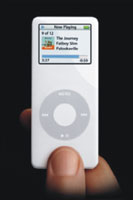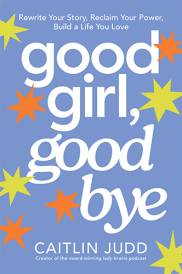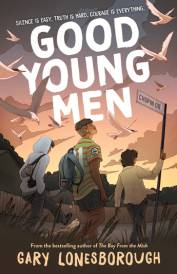A guide to buying a MP3 multimedia player

Portable music and video today and the future. What the trends are.
With digital music coming, the mp3 player has taken the high ground in digital music and video entertainment. So, what exactly are we talking about? MP3 is a term that relates to a standard of digital audio processing that allows digital audio files to be compressed in size and therefore made more portable. The mp3 player today however, is much more than simply a device that plays only mp3 standard audio files. It is now a universal term that includes players of all forms of portable audio formats and is used to identify a wide range of hardware from an equally wide range of player manufacturers, and a plethora of websites offering downloadable media. Clearly it is not so much whether you will listen to digital music and watch digital video, but the type of player that will best suit your purposes.
What is your passion? How you want to consume your media?
There are a number of important issues to consider when choosing the type of player that will suit your requirements best. At the heart of this is the question of how you want to consume your music and video product. With the digital music revolution come three basic options. You can choose a player that has a hard disc for program storage, one that uses flash memory (memory sticks, flash cards and the like) or one that uses standard CD format with music stored in mp3 or other compressed formats. There is no one universal method that will suit everybody. Rather there are pros and cons for each, with different manufacturers offering different features, design, battery life, useability and prices.
The other really important development that may affect how you choose the right player is the fact that the online music and video programming is now widely available from all manner of sources, from artist direct through to iTunes. As the protection of artist's and producer's digital rights becomes more widespread, you can expect media players to be more able to share the different media formats and protection. reducing risk both for you and the artists involved.
The Hard-Drive Option.
The crucial decision is how much memory. Hard-Drive players, such as Apple's iPod, are available with up to 100GB of storage (but this could change in any nano-second). While they are physically small, Hard-Drive players are not the lightest. But 60 GB allows about a thousand hours of mp3 music. At around 4 minutes per song, that's about 15,000 songs. If being able to store a lot of songs is important to you, then you should consider the Hard-Drive option. Of course video program is more memory consumptive, and if you need to store large video programs then a Hard-Drive option makes good sense. A Hard-Drive player has a small computer hard-drive installed inside, so it has moving parts and can be damaged by shock, severe magnetic fields and too much sun. Some can also be quite bulky which means that a hard-drive player may not ideally suit a jogger, but if you fly Sydney to London on a regular basis, then it could be the solution. Hard-Drive players also tend to have a shorter battery discharge life than flash memory devices.
The Flash Memory Option.
Flash memory offers some outstanding benefits. At the time of writing, flash memory goes up to 4GB, which allows about one thousand mp3 songs. When you consider the average radio station's active play list is less than two hundred songs at any given time, and shrinking, a 1,000-song capacity is quite substantial. In current recording terms, that could be as many as 60 to 100 albums. Moreover, flash memory has no moving parts and so can withstand slightly rougher treatment. And players can be considerably smaller and therefore more portable. Additional benefits come in the form of small, yet quite powerful storage media and astounding battery life.
The CD Media Option.
Following on from the Sony Walkman phenomenon, portable CD players have been around for some years. Now however, portable CD players can play mp3 and other compressed audio formats as well as standard CDs. Using this technology, you can download your music to your computer and burn it onto a CD in mp3 format, and play it in your portable player. You don't need to concern yourself with storage capacity. A single CD will hold 700 MB of music, or around 175 songs. These players are limited in their other functions, but are often cheap to buy. However because they use CD technology (and therefore have moving parts), they are susceptible to shock and it can be quite inconvenient to carry a whole bunch of CDs around if you need a large library of music on your jogging circuit.
Read full MP3 Player buying guide at MyShopping.com.au
MORE





